

James Wong
2026 Audi Q5 review: Quick drive
5 Days Ago
The peak body for Australian car dealers has warned the costs of EV-specific upgrades could result in higher prices for new car buyers.

Contributor
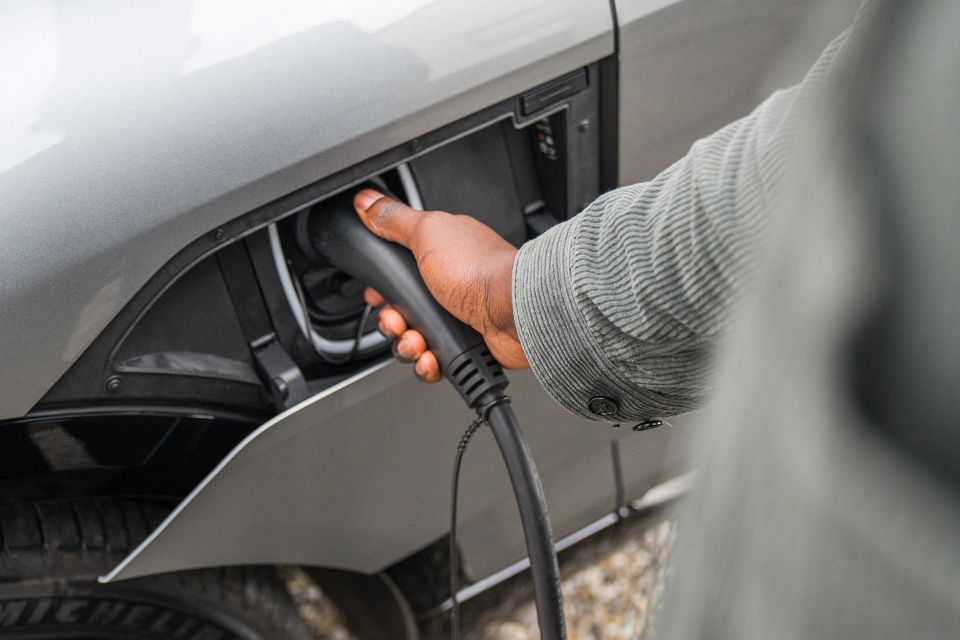

Contributor
Necessary upgrades to prepare Australia’s car dealerships for the transition to electric vehicles (EV) could result in customers wearing the cost of the estimated billion-dollar investment, the industry’s peak lobby group has claimed.
Last month, the Australian Automotive Dealer Association (AADA) welcomed the Federal Government’s commitment to allocate $60 million in funding towards EV charging upgrades across the nation’s car dealership networks.
However, a subsequent investigation by Energetics – commissioned by the AADA – has found the upgrades required to support the expected influx of EVs will be significantly higher than the funding allocated by the Government.
The report also found the cost of these upgrades could vary from $130,000 for an average regional dealer, while a typical rural dealer may have to spend $580,000 to get to the same level.
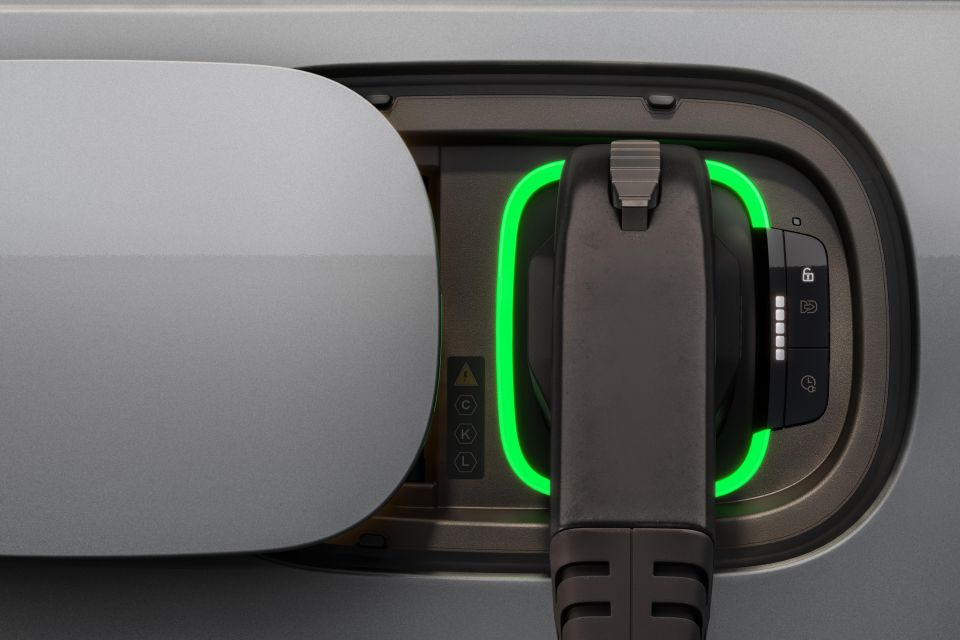
AADA CEO James Voortman has warned these costs – which includes specific tooling for EVs and retraining technicians – are likely going to be passed onto customers, with carmakers unlikely to foot the entire bill.
“The cost of chargers and associated network upgrades is significant, but dealers understand the importance of investing in this infrastructure and their role in educating customers on EVs,” Mr Voortman said in a media statement.
“New car dealerships will be at the forefront of rolling out EV chargers as manufacturers require them to install chargers in their showrooms and service departments as part of their franchise agreements.
“Many consumers considering taking the leap and buying a new EV are looking for their Dealer to provide education about the vehicle and the charging experience.
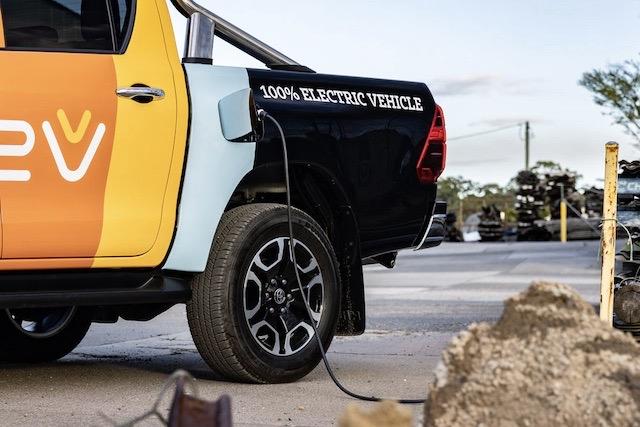
“The availability of EV chargers in dealerships means vehicles in stock can be charged and made available for test drives while buyers can also see first-hand how charging works.
“Evidence suggests, the majority of new EV owners will be servicing their vehicles with an authorised repairer under manufacturer warranty, so it’s important that Dealers can ensure these vehicles are able to be charged.”
The AADA has been one of the lobby groups more critical of the Federal Government’s New Vehicle Efficiency Standard (NVES).
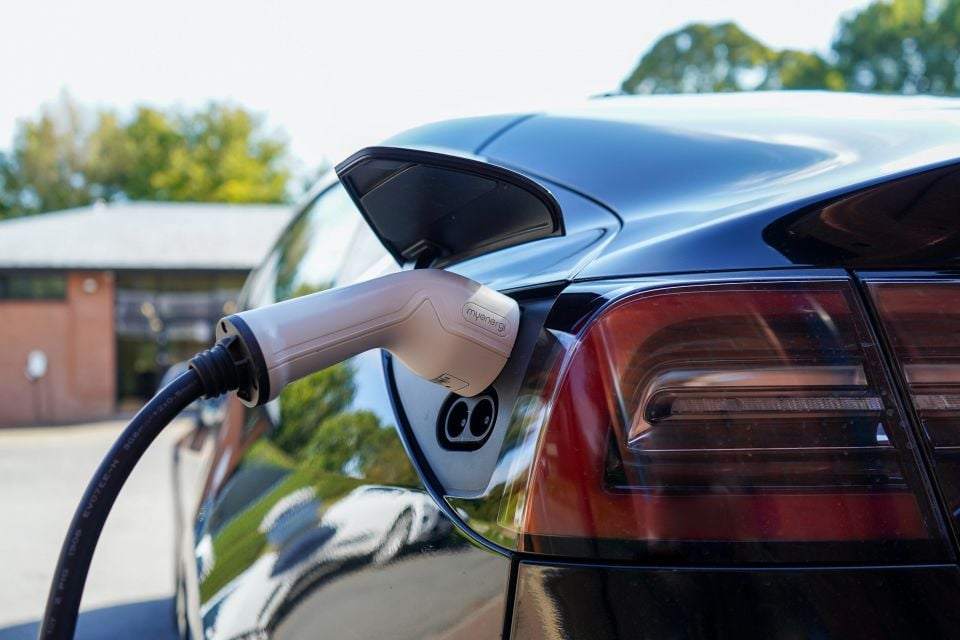
The emissions regulations were introduced in Parliament last month following a short consultation period with vested parties from the Australian automotive industry, which led to a watering down of what the Government originally wanted to introduce.
“This is not the [New] Vehicle Emissions Standard the industry has asked for, but we recognise that the Government has listened to industry and made significant changes to its original policy and is seeking to strike a balance between the needs of competing interests,” Mr Voortman said shortly after the regulations were announced.
“We are now committed to working with the Government on a range of key issues affecting Dealers including – ensuring that the compliance for this policy is at the point of sale, not the point of importation; implementing meaningful automotive franchising reform; and addressing the enormous investment task facing Dealers in this transition.

“These are critically important issues for automotive retailers and if left unaddressed, the NVES could have dire consequences for Dealers – we welcome the Government’s commitment to work with us on these matters.
“Make no mistake, this is a major regulatory intervention into the automotive industry and while we understand and accept the Government’s objectives, we would also urge them to work with industry to identify any unintended consequences arising from this policy.”
Australian sales of EVs rose to a record high of 87,217 vehicles in 2023, a 161 per cent increase on the year prior and accounting for approximately eight per cent of all new vehicle sales in the country.
However, EVs were still outsold by hybrids (98,439 sales), diesel-powered vehicles (379,512 sales) and petrol-engined models (588,622 sales).
MORE: Australian Government announces watered-down emissions regulations MORE: What lobby groups think of Australian Government’s revised emissions regulations
Born and raised in Canberra, Jordan has worked as a full-time automotive journalist since 2021, being one of the most-published automotive news writers in Australia before joining CarExpert in 2024.


James Wong
5 Days Ago


James Wong
5 Days Ago
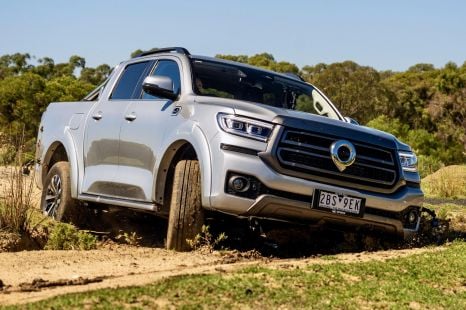

Max Davies
4 Days Ago
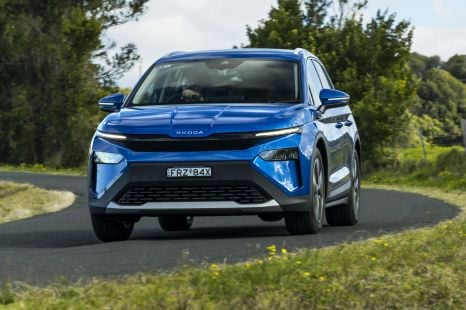

Josh Nevett
2 Days Ago


Max Davies
2 Days Ago


William Stopford
1 Day Ago